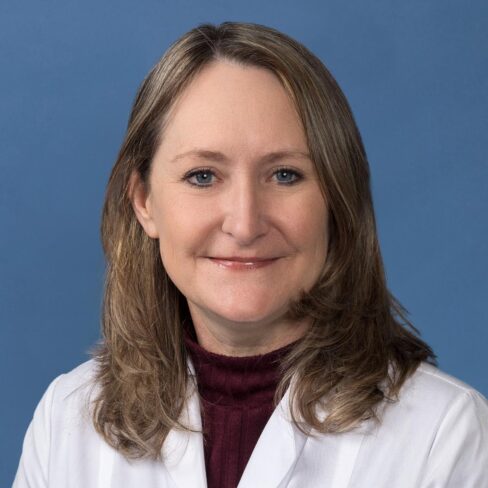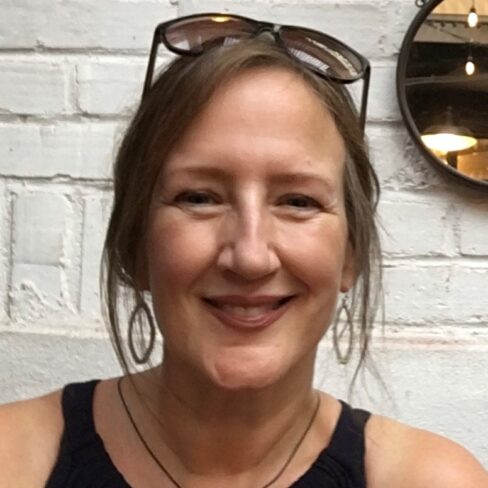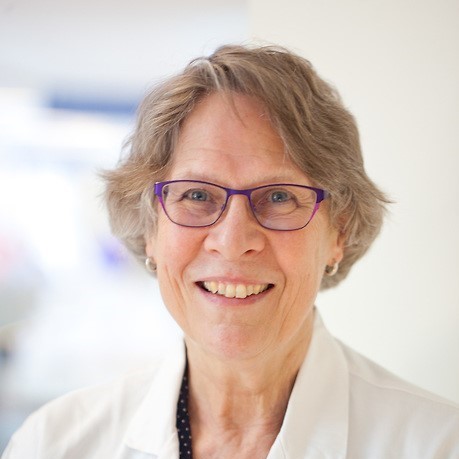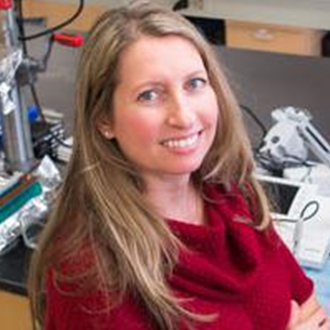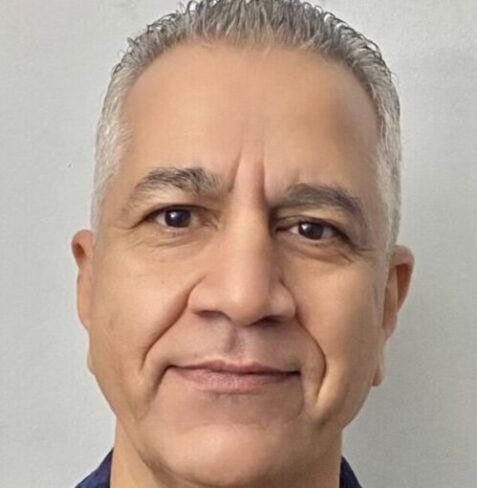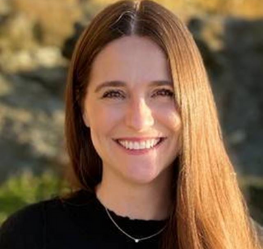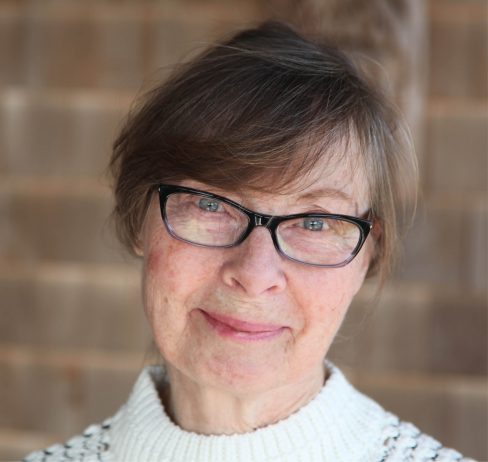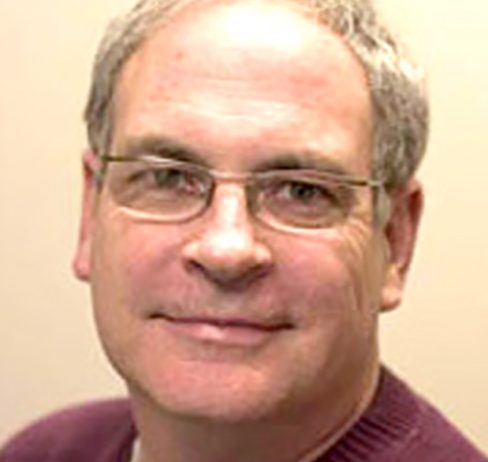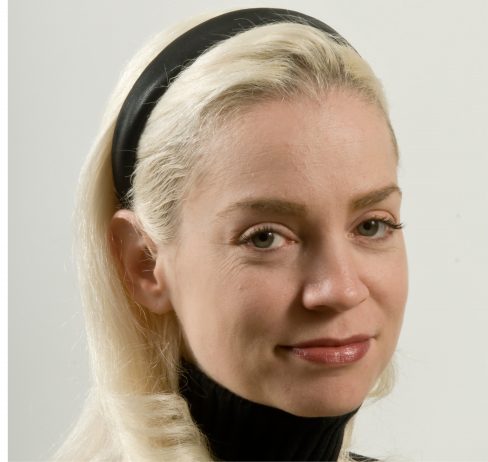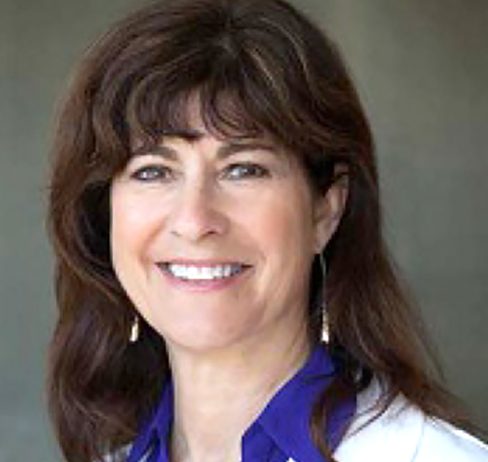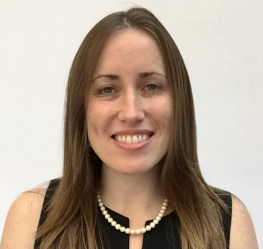About HDSA’s Scientific Advisory Board
The HDSA Scientific Advisory Board (SAB) is comprised of leading experts in their fields. The Scientific Advisory Board’s role is to advise the Board of Trustees and HDSA Management on a range of issues. In general, the SAB provides scientific review of research proposals to ensure that the research programs at HDSA are scientifically sound, pertinent and provide a high impact to the HD research community.
The SAB can be called upon to advise HDSA on any scientific issues that may arise (e.g., stem cell policy, use of animals in research).
The Committee’s specific responsibilities include:
- Periodically reviewing HDSA’s medical and scientific affairs strategy and recommending funding for research grant awards.
- Significantly expanding HDSA’s research commitments.
- Define and administer HDSA’s research program, including RFP development, proposal review and grant oversight.
- Providing speakers and research programs for major HDSA events i.e., the annual HDSA Convention.



